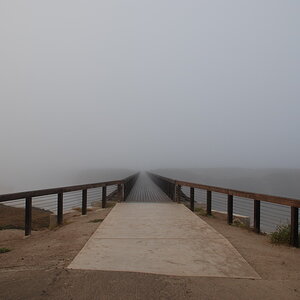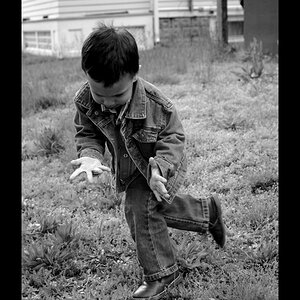SanctuS
TPF Noob!
I know this is an old topic that gets thrown around alot, but I just wanted to ask the question myself.
I own a Canon T2 film SLR, and I really like using it. I am just starting out and it is my first SLR. There are 2 things keeping me from getting a digital SLR.
1) The prices of digital SLR's are alot higher then film SLR's.
2) I have been told that the quality of the print made from film is whole lot better then one made from a digital camera, even a high MP one.
I guess my question is more along the lines if reason #2 is fact or fiction, and if I should be concerned about the quality of the print. Or at what megapixel does the difference become unnoticeable.
I own a Canon T2 film SLR, and I really like using it. I am just starting out and it is my first SLR. There are 2 things keeping me from getting a digital SLR.
1) The prices of digital SLR's are alot higher then film SLR's.
2) I have been told that the quality of the print made from film is whole lot better then one made from a digital camera, even a high MP one.
I guess my question is more along the lines if reason #2 is fact or fiction, and if I should be concerned about the quality of the print. Or at what megapixel does the difference become unnoticeable.


![[No title]](/data/xfmg/thumbnail/37/37607-69784b19e25bd0ba68e92ff4cfdfa8ff.jpg?1619738148)
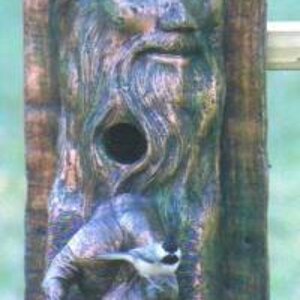
![[No title]](/data/xfmg/thumbnail/37/37632-06d8ff7f84d84f6ac01249ce8885d896.jpg?1619738156)
![[No title]](/data/xfmg/thumbnail/33/33847-620ea3a471c8ec2ae89451f9ee9dcb84.jpg?1619736166)

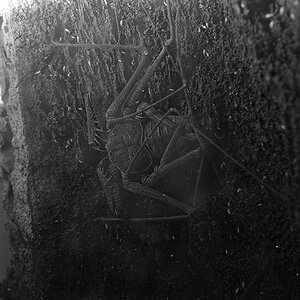
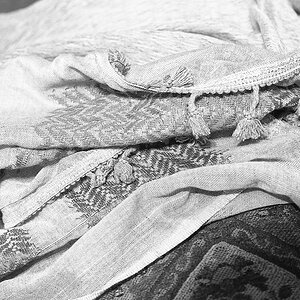

![[No title]](/data/xfmg/thumbnail/37/37628-b854997825aadb4eedaa3247baf8069f.jpg?1619738155)
